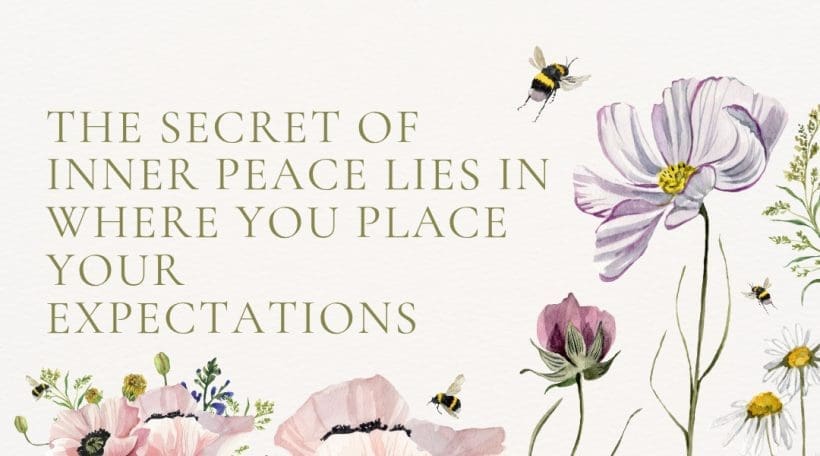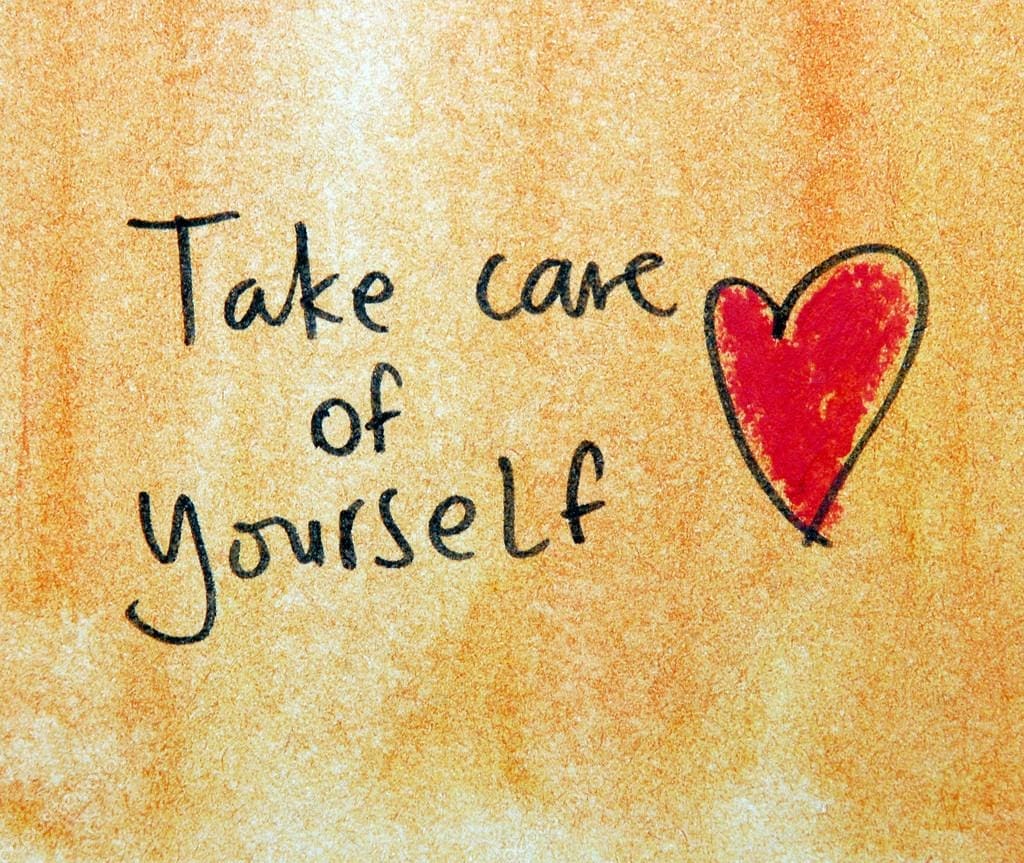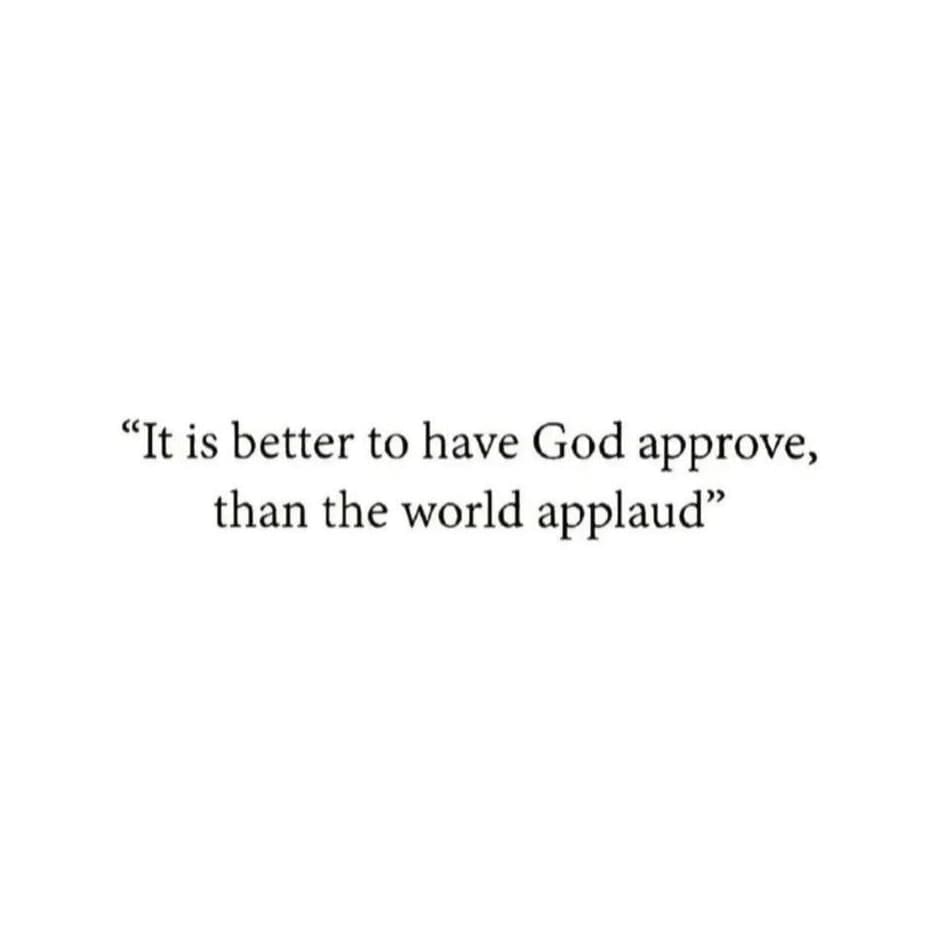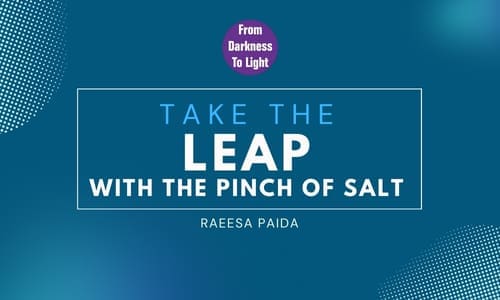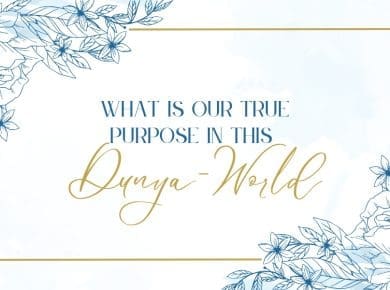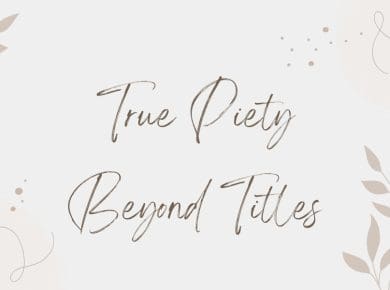“Expectations feed frustration. They are an unhealthy attachment to people, things, and outcomes we wish we could control — but don’t.”
– Dr. Steve Maraboli
It took me a long time to understand the silent burden expectations placed on our hearts. The more we attach ourselves to the idea of how others should behave, speak, or show up for us, the more disappointment we face.
We can’t control people — not their words, feelings, or decisions. Everyone walks their own path, guided by their own experiences and thoughts. As much as we wish to shape them into what we need, we must accept that they are not ours to mold.
What I’ve learned is that placing expectations on others is a form of emotional dependency, and often, it leads to unnecessary pain. When we build our happiness on how others respond to us, we give away our emotional stability. And when those expectations go unmet — which they often do — we’re left in sorrow, confusion, and even resentment.
But when you turn that energy inward and start setting expectations for yourself — your growth, your mindset, your healing, your connection with Allah — everything changes. Suddenly, you’re empowered. Because now, you’re focusing on what you can control: your character, your response, your faith.
Believe that you’re doing your best. Give yourself permission to let go of guilt and perfection. The more you build your trust in Allah (Tawakkul), the more your heart will find rest. Not everything in life is gloom and struggle. There is beauty — if you stop expecting and start accepting.
Live in the moment. Let go of expectations about how people should love you, support you, or make you feel seen. Instead, create your own peace. Anchor yourself in your values, in your worship, in your self-worth.
Set high expectations for your goals, your akhlaaq, your growth — and keep expectations of others light. That’s the quiet secret to contentment.
A Timeless Example from the Life of Umm Salamah رضي الله عنها
When Umm Salamah lost her beloved husband Abu Salamah, she was heartbroken. In her grief, she recalled the Prophet ﷺ’s advice:
“Whoever suffers a calamity and says: ‘Indeed, to Allah we belong and to Him we return. O Allah, reward me in my affliction and replace it with something better’, Allah will grant them better.”
— [Muslim]
She made this du’a, even though she couldn’t imagine anyone better than Abu Salamah. But she trusted Allah — and that trust brought her something she never dreamed of: she became a wife of the Prophet Muhammad ﷺ.
This is the power of letting go of expectations from the creation and placing full hope in the Creator.
Dear reader, peace begins when you stop waiting on others to fill your cup and start filling it with your own faith, effort, and purpose.
